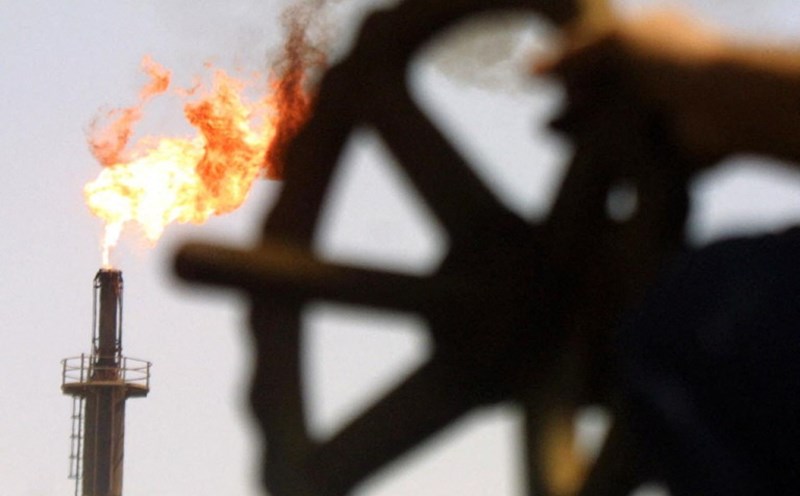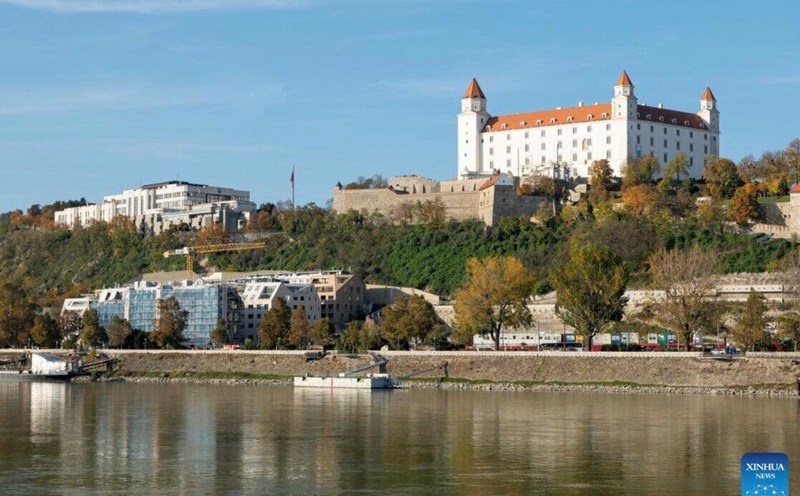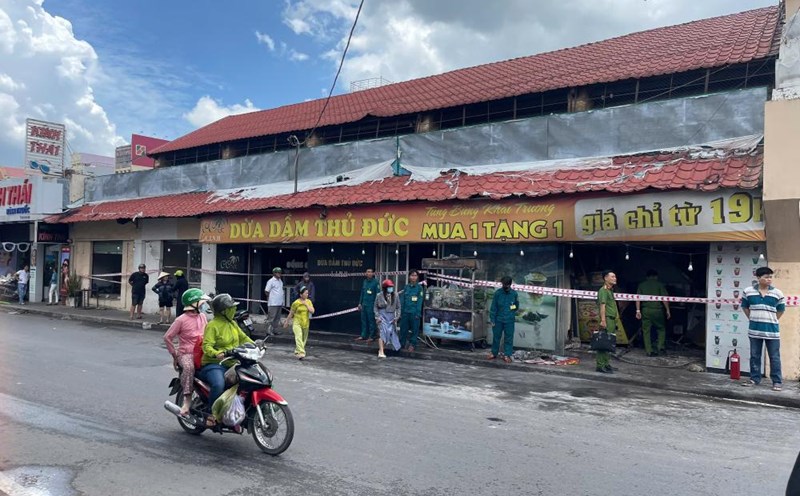2026 is the time when other countries in the European Union (EU) must stop buying Russian gas on the spot market under the new ban. This means that gas distribution on the gas pipeline system will have favorable fluctuations for long-term customers such as Slovakia and Hungary.
The EU ban is expected to take effect from January 2026, in the context that the entire EU aims to completely end Russian energy imports by the end of 2027. However, Slovakia and Hungary are temporarily exempted, so they can continue to implement long-term contracts with Russian energy giant Gazprom.
Russian gas remains the most cost-effective choice for us. Therefore, we prioritize importing this source. We could buy all the gas we need, which is about 8 million cubic meters per day," said Michal Lalik, SPP's commercial director, sharing about the prospects for next year.
The Slovakian government has previously opposed the EU's plan to stop Russian energy imports, warning that costs will skyrocket for the country when it has an economy that depends on industry.
With a population of 5.4 million people and bordering Ukraine, Slovakia will have to switch to importing all its gas from the west, mainly through Germany, Austria and the Czech Republic, and pay a significant additional transit fee.
In the optimal scenario, transportation costs will increase by 2.40 euros per megawatt-hour, meaning Slovakia will have to spend an additional 70 million euros. In fact, this figure could be up to 90 million euros, said Mr. Lalik.
Energy prices are a sensitive issue in Slovakia because heavy industries such as automobile, steel and fertilizer manufacturing play a key role in the economy. Slovakian enterprises are already subject to the highest energy price in the EU. If cheap gas supplies from Russia are lost, production costs will increase sharply, making it difficult for Slovakian companies to compete.
Slovakia currently has a long-term contract with Russia's Gazprom until 2034. Although Russian gas supplies through Ukraine have been stopped since the beginning of this year, Slovakia still receives Russian gas via the TurkStream pipeline. Currently, Russian gas accounts for less than half of Slovakia's total gas imports.
SPP said it has prepared alternatives if it cannot import more Russian gas. Due to its heavy dependence on the distribution infrastructure of other countries, SPP is also ready to take advantage of the guarantees provided by the EU to limit risks in the transition from Russian energy from 2028.










